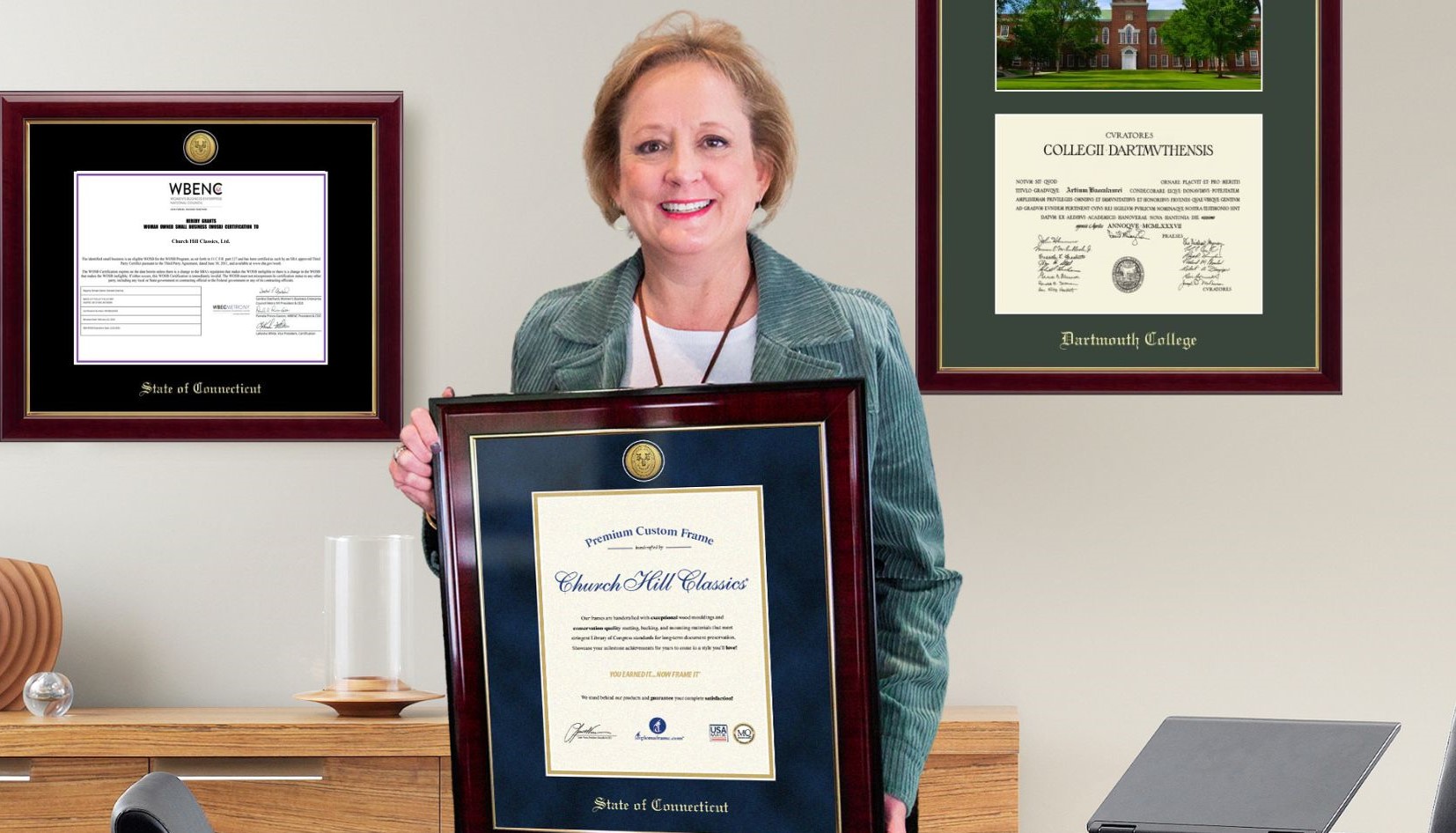Need graduation gift ideas for your favorite grad student? Our list of 8+ popular picks has items your master’s degree graduate will actually use and appreciate.
Continue readingShould You Choose Passion or Paycheck? A Graduate Guide to Career Decisions
Learn what to consider when choosing between passion and paycheck and how to strike a balance in our graduate guide to career decisions.
Continue reading8 Problem-Solving Skills You Must Master in 2025
Problem-solving skills set you apart from others in the workplace, because you solve issues quickly, intelligently, and creatively.
Continue reading2025 Graduation Gifts for Her
Looking for the best 2025 Graduation Gifts for Her? Celebrate her hard work by shopping women-owned small businesses for the best grad gifts.
Continue readingContinuous Learning: Staying Relevant in Your Field Post-Graduation
How can you stay relevant in your field after graduation? Continuous learning is key! Get practical advice and pro tips in our latest blog.
Continue reading12 Tips for Holding a Successful Video Conference Call
Get the most out of a video conference call with clients and coworkers. These pro tips for video calls are sure to improve your working relationships.
Continue readingWhat Should Students Consider When Writing a Summary?
Writing a summary sounds straightforward task, but many students struggle with it. Follow our pro tips for summarizing articles with ease.
Continue readingHow to Become a Certified Woman-Owned Business
Find networking support as a female entrepreneur by diving into all the resources you need to get certification and leverage your woman-owned business.
Continue readingStress Management in the Job Hunt: Expert Advice for Graduates
As a new graduate, keeping your focus on job applications and interviews is key. Discover pro tips for managing stress during the job hunt.
Continue readingBest Gifts for Businesswomen
In need of gifts for businesswomen or female entrepreneurs? You really can’t go wrong when you shop for items manufactured by certified woman-owned businesses.
Continue readingGrad Gifts from BIPOC Women-Owned Businesses
Supporting BIPOC women-owned businesses provides financial security for their business ventures, creates new jobs and growth opportunities, and fuels our economy.
Continue readingAre Women’s Colleges Still Relevant?
Thanks to their selective admissions, challenging curriculum, leadership training, and strong alumnae network, women’s colleges are more relevant than ever.
Continue reading












